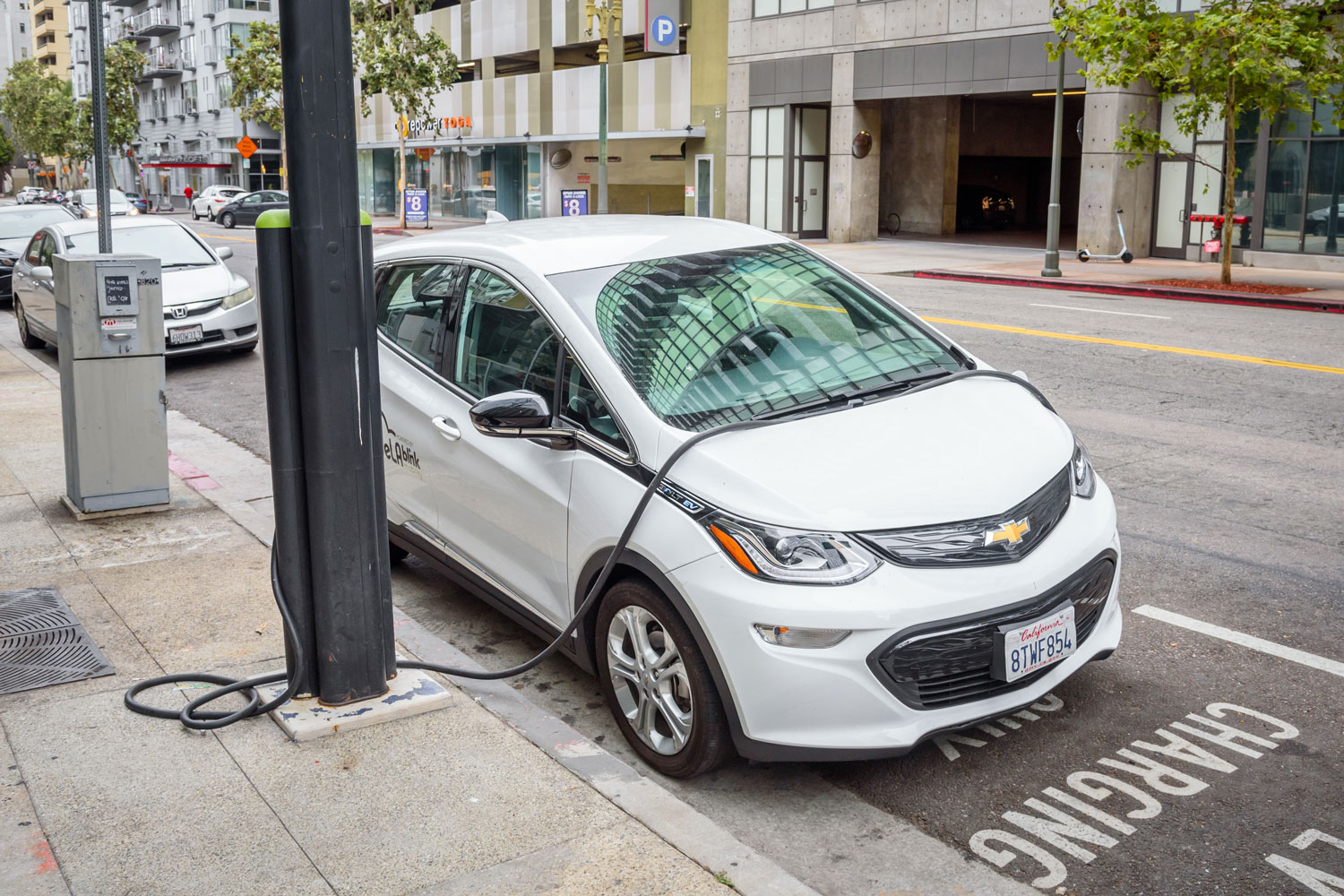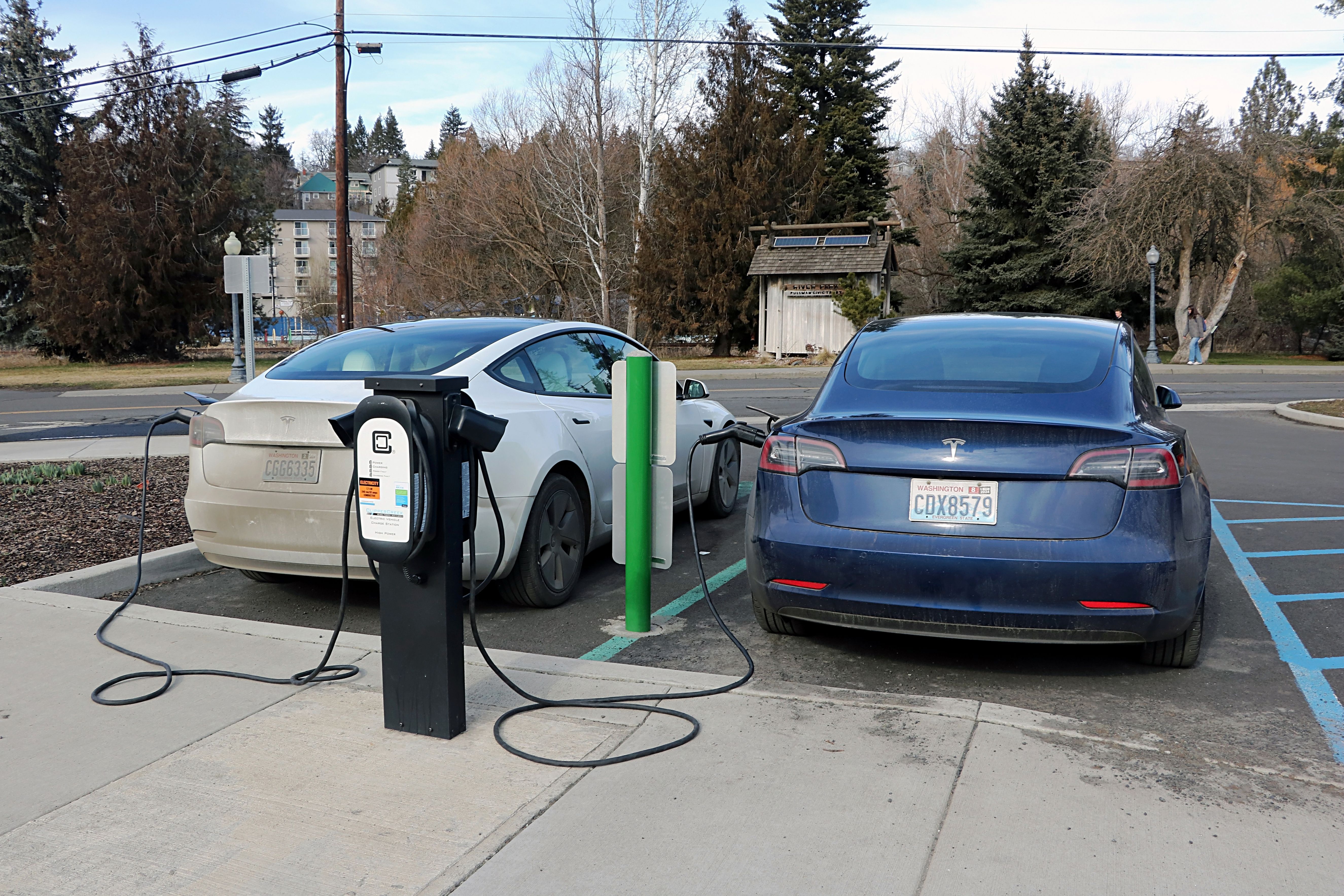Everything You Should Know Before You Decide to Buy EV Charging news
Everything You Should Know Before You Decide to Buy EV Charging news
Blog Article
Leading EV Charging News: Secret Updates on Framework and Development

Current Advancements in Fast-Charging Modern Technology

In addition, developments in battery modern technology, including improved thermal administration systems and greater power thickness batteries, complement fast-charging capacities. These growths minimize the threat of battery degradation throughout quick charging, guaranteeing durability and performance for EV owners.
Additionally, the combination of smart charging options is enhancing customer experience, allowing real-time monitoring and vibrant rates models. EV Charging news. This versatility allows vehicle drivers to maximize charging times and prices based upon grid need
As car manufacturers proceed to buy fast-charging networks, the partnership between market stakeholders is vital. Collaborations in between billing station suppliers and automobile manufacturers are leading the method for comprehensive insurance coverage, ultimately fostering an extra robust EV ecological community. These developments are pivotal in sustaining the shift to sustainable transportation.
Federal Government Campaigns for Charging Growth
Federal government initiatives play a vital function in the expansion of electric car (EV) charging infrastructure, facilitating the shift to lasting transport. Different government and state programs are being executed to improve charging access, decrease the financial concern on consumers, and advertise the fostering of electrical automobiles.
Significantly, the united state government has actually designated significant financing with the Framework Investment and Jobs Act, which earmarks $7.5 billion for EV billing network development throughout the nation. This funding is intended at releasing hundreds of new billing stations, particularly in underserved locations, thereby dealing with range stress and anxiety among prospective EV customers.
In addition, various states are passing legislation to enhance the permitting procedure for billing terminal installments, which is critical for accelerating deployment. Rewards such as tax obligation credit ratings and discounts for both consumers and services are additionally being introduced to encourage the installment of billing infrastructure.
In addition, public-private partnerships are progressively becoming an emphasis, leveraging personal financial investment to enhance government financing. These campaigns emphasize a joint approach important for building a comprehensive and efficient EV billing network, eventually adding to a greener and more lasting future.
Innovative Battery Solutions Enhancing Performance
Reinventing the landscape of electric car (EV) modern technology, ingenious battery options are significantly enhancing efficiency and efficiency. Breakthroughs in battery chemistry, particularly with lithium-sulfur and solid-state batteries, are bring about raised energy thickness, which permits for longer arrays and faster charging times. These new battery kinds have the possible to surpass traditional lithium-ion batteries by providing greater abilities while get redirected here minimizing weight, thus enhancing general vehicle effectiveness.
In addition, growths in battery administration systems (BMS) are maximizing energy usage and extending battery lifespan. Intelligent formulas monitor battery health and efficiency, making it possible for real-time changes to billing and discharging procedures. This not just boosts the effectiveness of the battery however likewise guarantees a more lasting and trusted power source for EVs.
Additionally, the integration of reusing innovations is see here now attending to the environmental influence of battery manufacturing and disposal. Developments in second-life applications for EV batteries are facilitating their usage in energy storage systems, adding to a circular economy.
As these cutting-edge battery options remain to evolve, they assure to transform the EV market, making electrical automobiles much more accessible and enticing to a more comprehensive audience while sustaining worldwide sustainability objectives.
Collaboration Between Automakers and Charging Networks
Acknowledging the important demand for a durable billing facilities, car manufacturers are significantly teaming up with billing network carriers to improve the EV possession experience (EV Charging news). These collaborations intend to produce a seamless charging community that benefits customers and sustains the change to electrical automobiles
Major automobile brands are signing up with pressures with well established billing networks to broaden their charging terminal insurance coverage, making sure motorists have access to reliable and hassle-free billing choices. For example, collaborations with networks like ChargePoint and Electrify America enable automakers to incorporate billing services directly right into their cars' navigation systems, leading individuals to the closest terminals and supplying real-time availability updates.
Additionally, these collaborations commonly result in the growth of fast-charging innovations that significantly minimize the time needed to reenergize an EV. By pooling sources and competence, automakers and charging networks can innovate much faster, creating remedies that meet the expanding need for electric flexibility.
On top of that, joint efforts might also cause more standardized billing methods, which can reduce customer complication and promote wider EV fostering. Overall, these tactical partnerships are pivotal in building a effective and straightforward billing framework that meets the needs of a broadening electrical lorry market.
Challenges Facing EV Charging Facilities
As the electrical lorry market remains to grow, several difficulties are emerging that impede the growth of a thorough billing infrastructure. One of the primary our website obstacles is the insufficient number of charging stations, particularly in underserved and rural urban areas. This gap creates range anxiety among potential EV buyers, deterring them from making the switch.
Additionally, the absence of standardization in billing modern technology makes complex the framework landscape. Variants in plug types and billing rates can develop complication for individuals and enhance operational complexities for billing network drivers. Moreover, the combination of charging stations right into existing electric grids positions considerable challenges. Numerous regions encounter capability limitations, requiring significant financial investments in grid upgrades to accommodate increased need.
An additional pressing issue is the high price connected with the installation and upkeep of charging terminals, which can be a barrier for both public entities and exclusive companies. Finally, regulative hurdles and zoning constraints can delay the implementation of billing facilities, impeding development in expanding necessary services. Attending to these obstacles will be vital for fostering a robust EV ecological community that supports the shift to lasting transport.
Verdict
To conclude, the continuous improvements in EV billing modern technology, sustained by substantial government initiatives and innovative battery services, are important for the growth and performance of electrical lorry framework. Cooperations in between car manufacturers and billing carriers further enhance terminal insurance coverage, resolving the expanding need for obtainable billing choices. In spite of difficulties that continue within the EV charging landscape, these developments signify a favorable trajectory in the direction of a much more efficient and lasting electrical automobile environment.
Advancements in charging infrastructure have actually led to the growth of ultra-fast chargers capable of supplying up to 350 kW of power, dramatically minimizing charging times. Variations in plug kinds and charging speeds can develop confusion for users and enhance operational intricacies for charging network operators.In verdict, the continuous developments in EV billing innovation, supported by substantial government initiatives and cutting-edge battery services, are crucial for the development and effectiveness of electrical automobile infrastructure. Cooperations between car manufacturers and charging providers additionally enhance terminal coverage, resolving the growing need for accessible billing options. In spite of challenges that continue within the EV billing landscape, these advancements indicate a positive trajectory in the direction of an extra reliable and sustainable electric car ecosystem.
Report this page